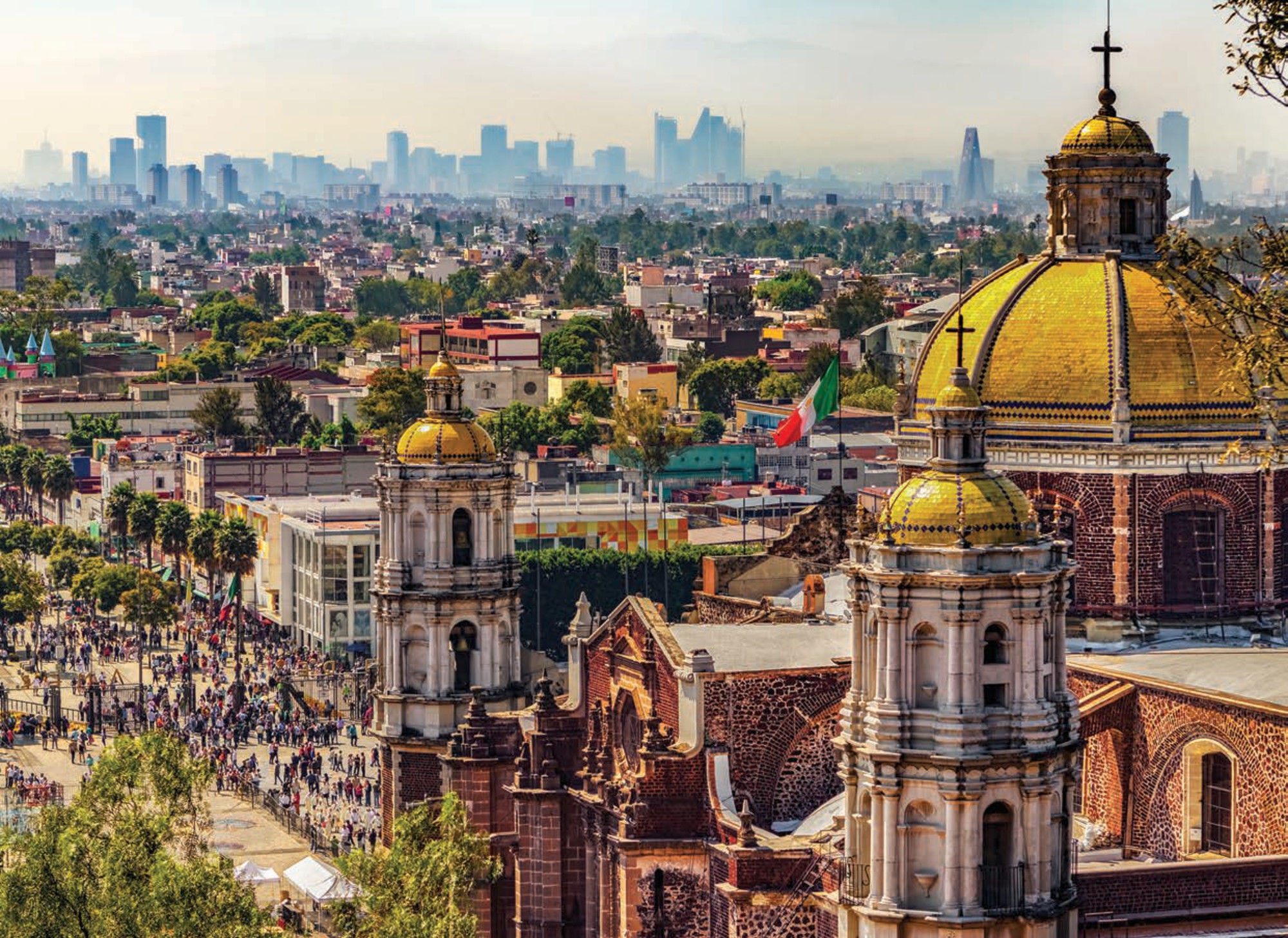Mexico is recovering from a pandemic that had deep economic and social impacts. Informal workers, women and youth were particularly hit, exacerbating long-standing social challenges. Mexico’s solid macroeconomic policy framework safeguarded macroeconomic stability. But medium term growth prospects have weakened and growth over the past two decades has been low. Poverty rates and regional inequalities remain high. Informality, financial exclusion or corruption have hindered productivity growth. Low female participation rates and weak investment since 2015 have also impacted medium-term growth prospects. Maintaining and strengthening Mexico’s solid macroeconomic policy framework is key for stability. The ability of fiscal policy to smooth out economic cycles and support growth during recessions can be enhanced, creating more space for public investment. Rebooting private investment and turning around low productivity growth are fundamental priorities. This will require comprehensive reforms to improve business regulations, boost competition, reduce informality and corruption and transition towards carbon neutrality. Widening access to finance and strengthening digitalization would provide more equal opportunities and help to boost growth.
SPECIAL FEATURE: EXPANDING ACCESS TO FINANCE


















